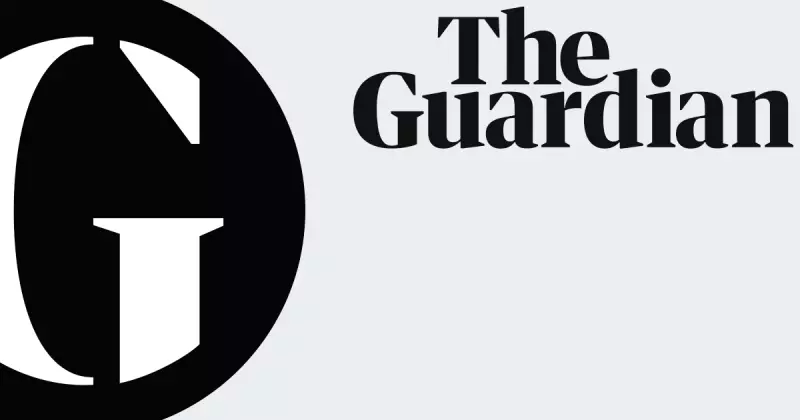
A startling new data investigation is forcing a national conversation, posing an uncomfortable question: have men in the UK stopped reading for pleasure? The figures, presented in a compelling new video analysis, paint a picture of a growing and profound literary divide along gender lines.
The Data Doesn't Lie: A Stark Statistical Chasm
The analysis moves beyond anecdotal evidence, delving into hard numbers from book sales, library lending figures, and publishing industry trends. The findings reveal a consistent and worrying pattern: women significantly outpace men in both purchasing and consuming fiction and non-fiction across almost every measured genre.
This isn't a marginal difference but a substantial gap that suggests a fundamental shift in how men and women engage with the written word. The data indicates this trend has been steadily worsening over the past two decades.
Unpacking the 'Why': Beyond the Numbers
Experts and cultural commentators are scrambling to understand the root causes. The investigation explores several compelling theories behind this modern phenomenon:
- The Digital Onslaught: The rise of video games, on-demand television, and social media has fragmented leisure time, with these activities disproportionately capturing male attention.
- A Crisis of Masculinity: Is reading, particularly fiction, increasingly perceived as a 'feminine' pursuit? The data suggests deep-seated cultural stereotypes may be discouraging boys and young men from embracing literature.
- The Educational Gap: Studies consistently show boys lagging behind girls in reading proficiency and engagement from a young age, a gap that widens into adulthood.
- The Death of the 'Common Reader': The decline of traditional, male-dominated spaces like working men's clubs and libraries may have removed key environments that once fostered a reading culture among men.
The Ripple Effect: Implications for Society and Culture
This trend is far more than a publishing industry problem. A populace divided in its reading habits has profound consequences.
Empathy and Understanding: Reading fiction is famously linked to the development of empathy and theory of mind. A decline in male readership could have subtle but significant impacts on social cohesion and understanding.
The Marketplace of Ideas: If men are not engaging with books, particularly non-fiction on politics, science, and history, it could lead to a narrower range of perspectives informing public discourse and debate.
The Future of Publishing: The industry is increasingly forced to cater to its most reliable demographic—women—potentially further alienating male readers and creating a self-perpetuating cycle.
Is There a Way Back?
The investigation doesn't just highlight the problem; it also asks what can be done. Can this trend be reversed? Suggestions include promoting male role models who are avid readers, rethinking how reading is taught and presented to boys in schools, and challenging the outdated stereotypes that frame reading as a gendered activity.
The central question remains: In an age of infinite digital distraction, can the book win back the male mind? The answer will shape UK culture for generations to come.





